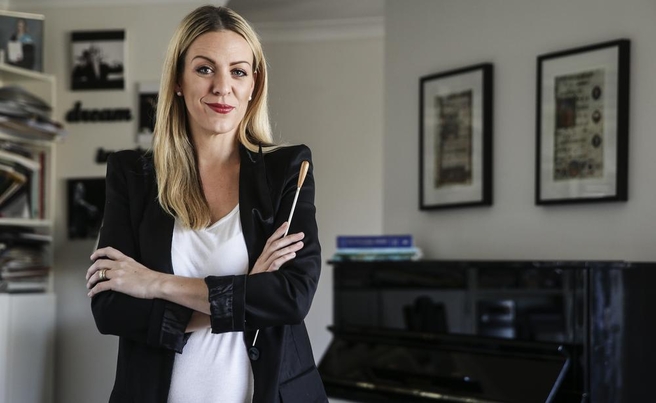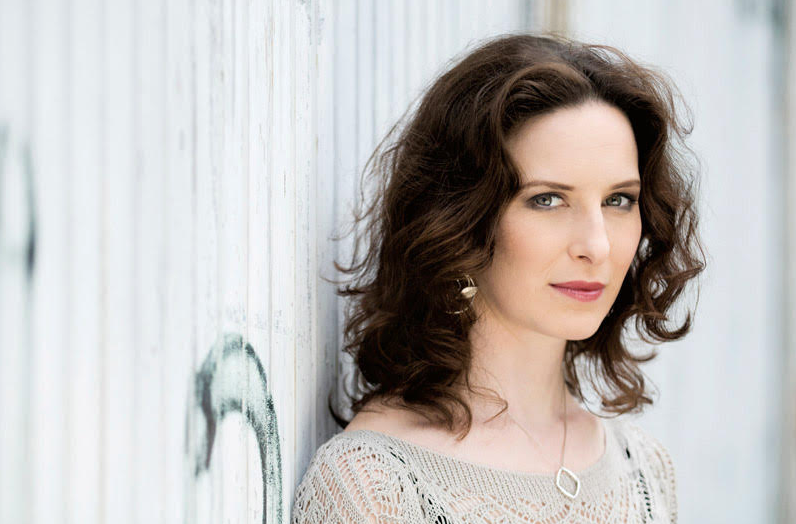Australia has produced many world-class maestros and among them there is a healthy number of women, including the internationally esteemed Simone Young and the Music Director of the Australian Ballet, Nicolette Fraillon. Australia further proved its world-leading status in cultivating promising women conductors in June, when it was announced that two Australians were among the hand picked group of six conductors, aged under 40, selected to participate in the inaugural year of the Dallas Opera’s Institute for Women Conductors.
Jessica Gethin and Jennifer Condon beat off competition from over 100 other applicants representing 27 countries, to be chosen for the innovative professional development programme. The intensive course of mentoring and workshops concluded on December 5 with a performance featuring all six of the participating conductors at the Winspear Opera House in Texas.
 Jessica Gethin
Jessica Gethin
In an interview with Texan culture website TheatreJones, Gethin and Condon reflected on the experience. “It’s been really enlightening listening to everyone in the different forums and discovering that the foundation of where I want to be is actually quite established. I hadn’t expected that,” Condon said on how her time at the Institute had influenced her thinking about the issue of gender equality within conducting.
Jessica Gethin said she had a new appreciation of the importance of mentoring other promising conductors, adding, “We have a responsibility to reach out into the community, to make it accessible without sacrificing the integrity of the music. In Australia, a lot of rural areas do not have access to the culture that the European houses have.”
 Jennifer Condon
Jennifer Condon
Speaking of the levels of preparation conductors need to invest in, Condon discussed her personal interest in the work of Australian composer Peggy Glanville Hicks. At the age of just 17 she discovered a lost opera by the composer, Sappho, in the archives of the Australian Music Centre. “I found the piece, spent nine years getting the rights and working the manuscript into a performable set of parts,” Condon shares. Her work restoring this work by Glanville Hicks has become the focus of her PhD, which she is currently pursuing at the University of New England. “Opera doesn’t really live unless it’s on the stage. Now I’m actively talking to people and looking for a co-production opportunity,” she added.
In addition to the obvious artistic motivations, Condon also believes that the drive to become a conductor is part of an ineffable calling, which for her connects with a deeply personal memory. “My mother took me for the first time to the opera when I was six. She had cancer, and wasn’t sure that she would make it and so she wanted me to experience that once,” Condon says. “I picked up the ball and ran with it. Having my adult identity so expressly tied to the dreams of my childhood makes it easier to follow the path. It feels like a natural progression. Not once in my life has it occurred to me to do anything else than conduct. It’s like a little miracle. Picking up a stick and turning paper into sound is without a doubt the most amazing experience of my life.”











Comments
Log in to join the conversation.